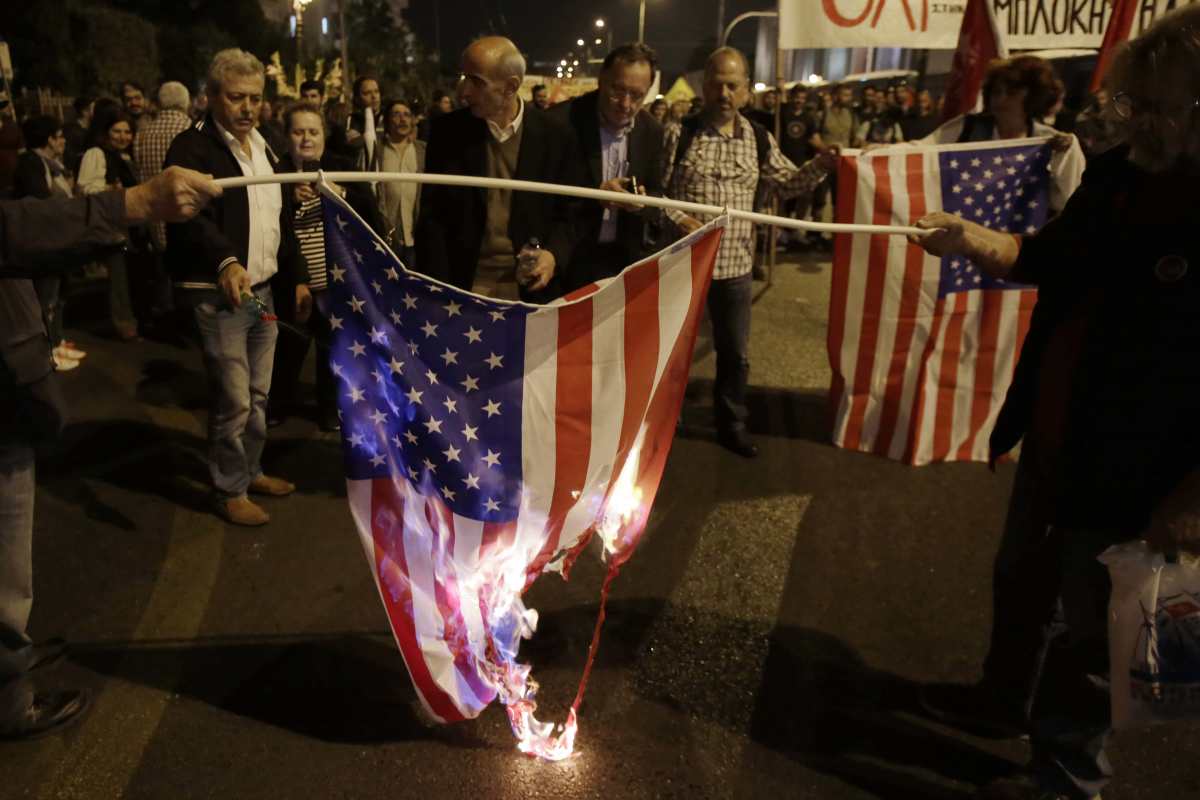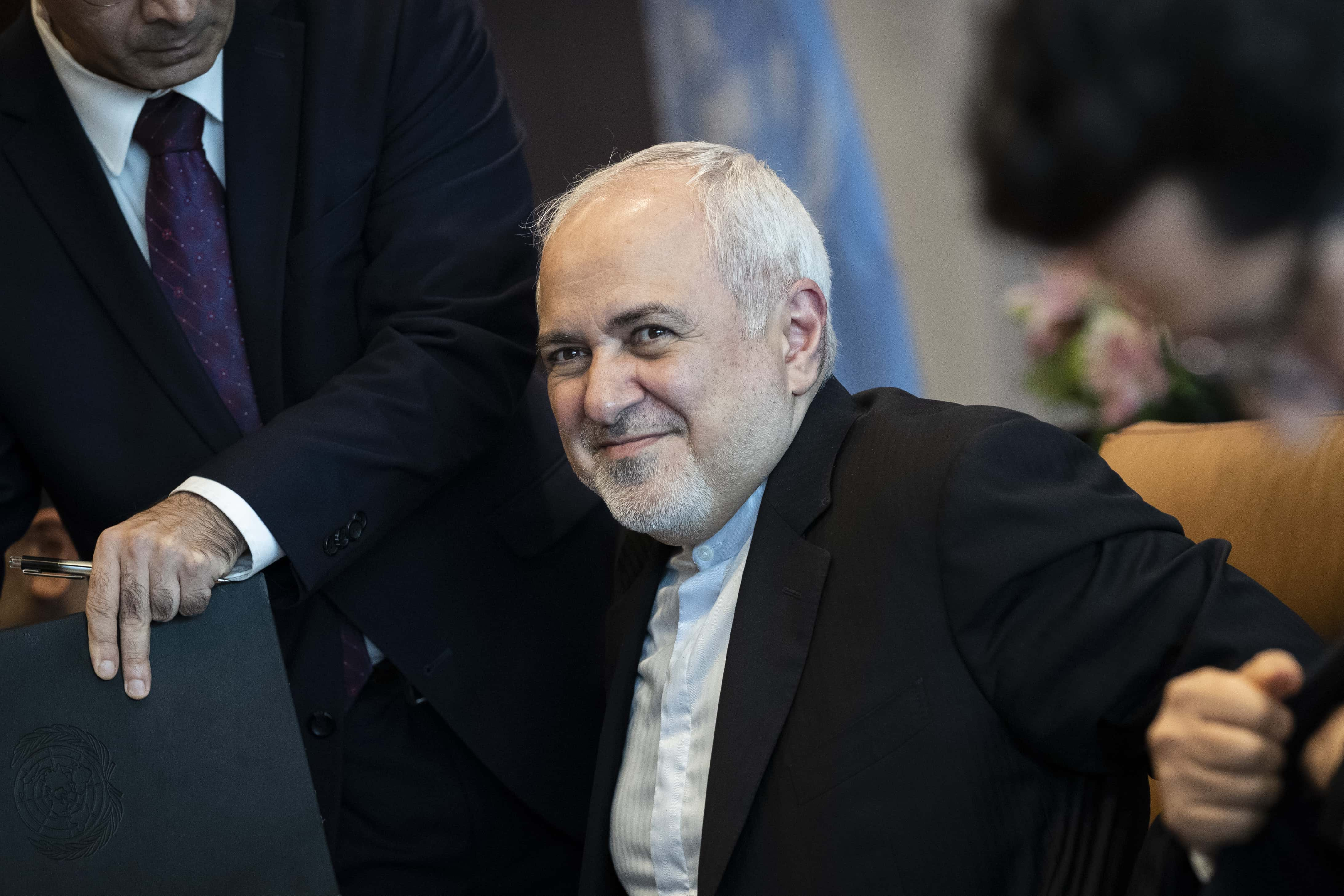Iran snubs EU offer to discuss nuclear deal with US after Syria airstrike, diplomats say tensions will escalate

Experts and observers had hoped that once Donald Trump was out of the presidency, the US’ relations with Iran could improve, even if by a notch. With Joe Biden, who was part of the former Barack Obama administration that had entered the nuclear deal with Iran in 2015 to limit Tehran’s nuclear ambitions, taking over the reins, the expectations got even higher. Biden also expressed his wish to take the US back into the deal even though the scenario was far from conducive, thanks to the tensions that have escalated between the US and Iran in the Trump years.
That the situation has improved little became evident on Sunday, February 28, when the US revealed its disappointment over Iran ruling out an informal meeting to discuss ways to revive the 2015 deal that also features other big powers. According to the observers, Iran’s rejection raises the danger of further tensions between Washington and Tehran. On Sunday, the Wall Street Journal reported that Iran refused an offer by the European Union (EU) to hold direct nuclear talks with the US in the days ahead.
RELATED ARTICLES
“Senior Western diplomats said Iran’s response doesn’t quash the Biden administration’s hopes of reviving diplomatic efforts to restore the 2015 nuclear deal, struck between Iran and six world powers and abandoned by the Trump administration in 2018. But they said it seemed to set a deadlock: Iran wants a guarantee it wouldn’t walk away from a meeting with the U.S. without some sanctions relief, which Washington has so far ruled out,” the report said.
Referring to the deal, which is formally called the Joint Comprehensive Plan of Action (JCPOA), a White House spokesperson said: “While we are disappointed at Iran’s response, we remain ready to re-engage in meaningful diplomacy to achieve a mutual return to compliance with JCPOA commitments.” She said the US would be in talks with its P5+1 partners — the four other permanent members of the UN Security Council — China, France, UK and Russia — besides Germany.

The WSJ report said that with Iran escalating its nuclear activities in recent months in violation of the 2015 deal, the US carrying out airstrikes against Iranian-backed militia in Syria and presidential elections due in Iran in June, diplomats have cautioned that prospects of the tensions easing out look imperiled. It was only 10 days ago that officials in the West were optimistic about a progress being made towards relaunching the nuclear negotiations that were disrupted in the Trump era. The EU floated the idea of holding the talks in Europe that would include all the remaining parties to the deal, besides the US. The Biden administration immediately responded in the positive saying it would attend the meeting. But as the West started preparations for the meeting, the Iranian foreign ministry said over the weekend that it was not keen to attend the peace talks brokered by the EU over the future of the deal because it felt Washington had not taken adequate measures to lift sanctions imposed against it.
On February 28, Iran’s foreign ministry spokesperson Saeed Khatibzadeh explained Tehran’s position saying: “Considering the recent positions and actions of the United States and three European countries, the Islamic Republic of Iran does not consider this is the time to hold an informal meeting proposed by the European coordinator of the UN security council.” The situation has turned more tense following the Biden administration’s airstrikes in Syria. Iran on Saturday, February 27, condemned the attacks and denied responsibility for being involved in rocket attacks on US targets in Iraq earlier in February that prompted Washington’s retaliation.

Iran foreign minister slams US strikes
On February 27, Iranian Foreign Minister Javad Zarif condemned the US strikes as “illegal and a violation of Syria’s sovereignty” while meeting Fuad Hussein, his Iraqi counterpart who made a visit, Iran’s state media reported. “Zarif said some recent attacks and incidents in Iraq are suspect, and could be designed to disrupt Iran-Iraq relations and Iraq’s security and stability,” the report added.
“We emphasize the need for the Iraqi government to find the perpetrators of these incidents,” the Iranian minister was quoted as saying. It was only a week before on February 21 that Zarif said Washington must lift its economic sanctions imposed on Iran by the previous Trump administration before the JCPOA could be reviewed. His remarks came after Washington offered to meet representatives from Iran and the other powers involved in the deal.
Hussein, meanwhile, was in Iran “to discuss regional developments, including ways to balance relations and avoid tension and escalation” with Iranian officials, a statement from the Iraqi foreign ministry said.










